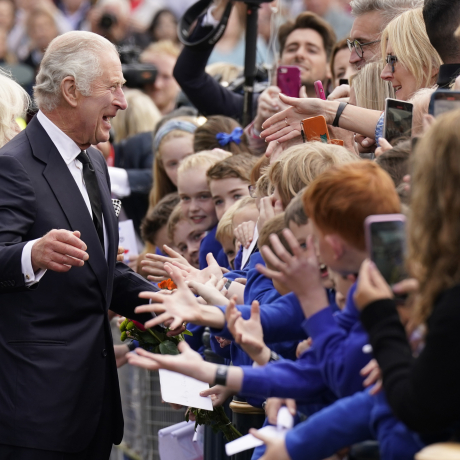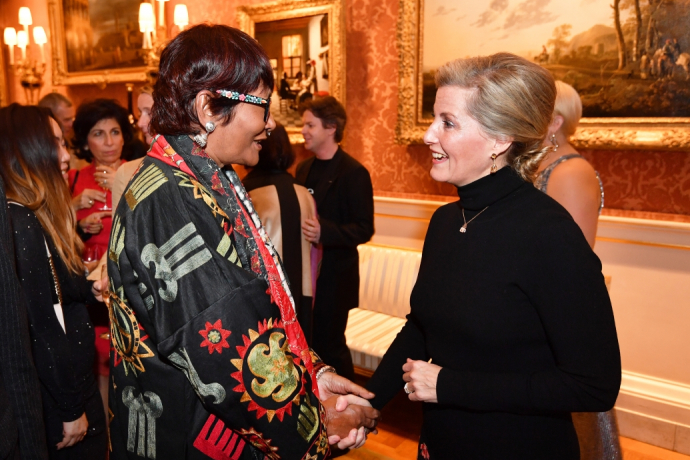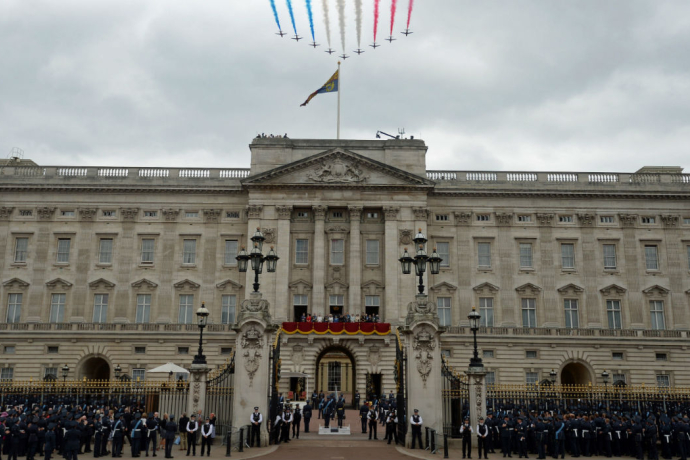A speech by The Countess of Wessex at a reception for Women Peacebuilders, Buckingham Palace
Published
We must ensure that the silence that hides pain and suffering is turned into voices of hope and a reason to continue to act.
Good afternoon and may I begin by wishing you all a happy International Women's Day. Your Excellencies, Minister, My Lord’s, Ladies and gentlemen, thank you for giving up your time today in support of not just International Women's Day, but in particular for the Women, Peace and Security and the Preventing of Sexual Violence Initiative.
The efforts to raise awareness of and support women peace-builders form part of the UK's strategy to implement the UNSCR 1325 WPS commitments, and have placed the UK in a pivotal role of putting more women and girls at the centre of conflict resolution, including encouraging more women peace-builders, female mediators, as well as supporting the survivors of sexual violence in conflict.
As someone who firmly believes in the equality of men and women, I feel drawn to your cause and to do what I can to help raise further awareness of your work. To help give voice to women and girls who are being denied their fundamental rights as humans and are being subjected to harm and violence as a result of conflict, to promote those who seek to play a part in finding peace, and to support others as they attempt to rebuild their lives. Therefore I am publicly committing myself to doing what I can to champion and support WPS and PSVI and make this a central pillar of my work in the coming months and years.
Since last year I have been attending a number of conferences, meetings and events, and have encountered some extraordinary people during this time. People like yourselves who are devoted to doing what they can to tackle these issues from UK government representatives to the international diplomatic community, from academics to survivors. Whether their role be encouraging governments to do more to prevent violence being used as a weapon of war, or working to bring justice to the survivors of brutality, or supporting the many NGO's and agencies working to help women and girls rebuild and retake control of their shattered lives; the level of effort is widespread, but as yet it is sadly still not enough and we all know that so much more needs to be done.
I have also been fortunate enough to be able to meet 2018 Nobel Prize Laureate, Dr Denis Mukwege, who was here to attend the PSVI International Film Festival on his way to Sweden to collect his prize. Up until then I had been researching WPS/PSVI and trying to gain a better understanding. There is, however, nothing like speaking to someone, who as a gynaecologist, has treated hundreds of victims of the kinds of rape and abuse that defies belief. Dr Mukwege painstakingly stitches these women back together and does what he can to care for them. It is so desperately sad therefore, that many of them end up back at his clinic only months later.
I asked him what the biggest barrier to ending this kind of terror in DRC was... He answered me... The silence. And this is another reason for holding today's event. We must ensure that the silence that hides pain and suffering is turned into voices of hope and a reason to continue to act.
I know that everyone in this room works tirelessly to push these agendas forward, whether you are here in the UK, or abroad, and I thank you for all of your efforts. What I have learned already is that working against a tidal wave of conflict, engrained cultural behaviours, disputed boundaries and ownership of valuable national resources, as well as a thousand other reasons for conflict, it is difficult, costly, complicated and slow.
However, I know that none of you here will stop doing what you can to continue to strive for peace, for justice and for each and every survivor of sexual violence and torture. The survivors of conflict whether they be female or male, or a child born of rape, are at the heart of everything we all do and this International Women's Day is an opportunity to fill the silence Dr Mukwege speaks of and loudly pay tribute to their braveness and their hope for a better world. I look forward to working with you all, to championing these important agendas and to finding solutions.
On Sunday I will be travelling to New York to draw attention to the WPS Agenda and will be attending the Commission on the Status of Women at the UN Headquarters. Over time I look forward to seeing as many of you as possible as I visit countries engaged in advancing the Agenda and witness first hand the work being carried out on the ground to support the survivors of conflict. As your work continues, my work begins and I will take my place beside you in this vitally important arena.
It is now my pleasure to welcome Visaka Dharmadasa, Chair of the Association of War Affected Women to give further voice to this community. And then following Visaka, I welcome Lord Tarik Ahmad of Wimbledon, the Prime Minister's Special Envoy for PSVI and someone who I am fast getting to know. We have seen quite a bit of each other of the past number of months and I am so grateful to him for welcoming me so warmly to work alongside him and his team.
Thank you.
Related content
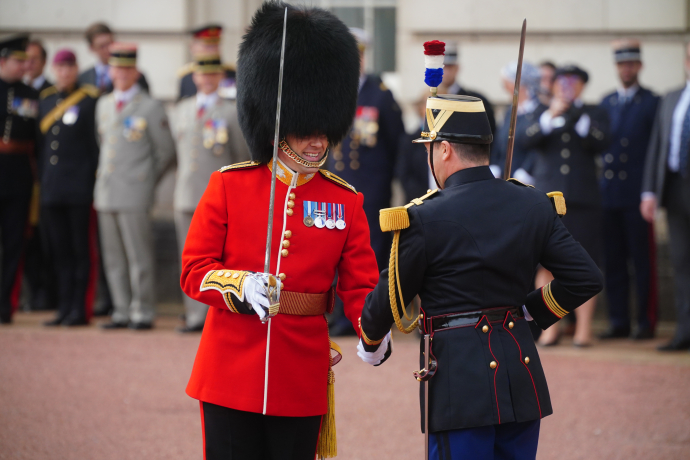
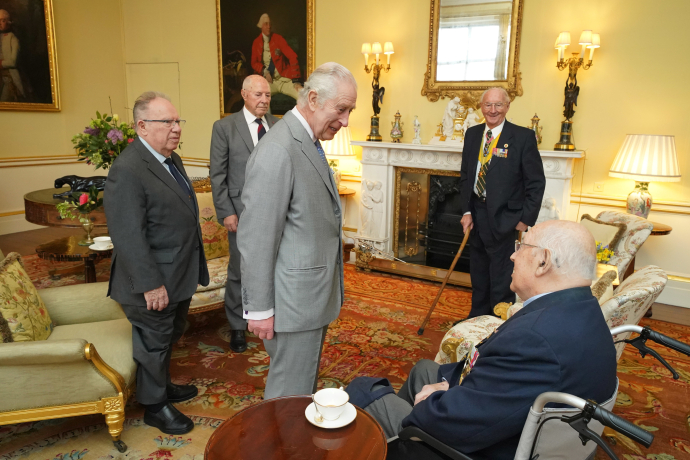
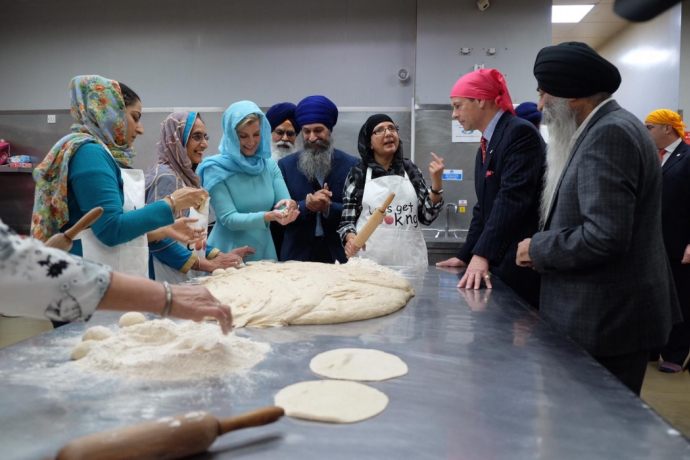
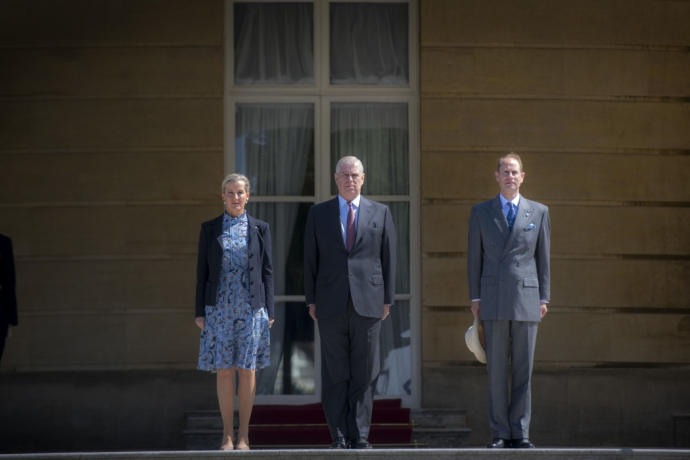
The role of the Royal Family
